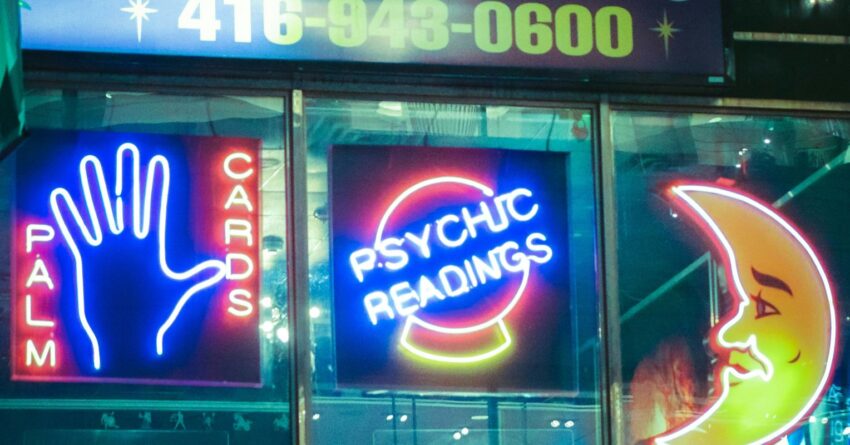Here is the most important thing to remember about anxiety: It thrives on not knowing. In uncertainty, anxiety finds fertile ground for cognitive predicting, presupposing, contingency planning, and assuming. Consider the following anecdote from Dr. Aaron Beck, originator of cognitive behavioral therapy: A man awakes to the sound of the faucet dripping and the next image he imagines is the whole house underwater. The point of this anecdote is to illustrate that anxious thinking often jumps from a simple fact to a catastrophic conclusion. We find some measure of safety in trying to predict and therefore prepare for the worst possible outcome. Of course, the problem is that this leaves us in a constant state of vigilance, dread, and apprehension. In this state, we seek certainty and answers. Ironically, it is the acceptance of not knowing that would offer us some level of comfort. But, as humans, we find this type of acceptance uncomfortable and often push against it by anxiously and obsessively seeking solid answers.
Enter some potentially harmful ways that people attempt to find answers and soothe uncertainty. Our society has romanticized those with intuitive or psychic powers. While there is no scientific evidence to support that this type of superhuman insight is real, we latch on to the hope that someone out there has a cosmic connection that can provide us with answers about what lies ahead in our lives. The reality is that evidence-based interventions such as cognitive behavioral therapy or rational-emotive behavioral therapy would likely help us more than soothsaying, but not everyone is swayed by psychology’s answers to life’s uncertainties. After all, someone reading our future is far more exciting than learning and practicing the cognitive triangle, the components of thoughts, feelings, and behaviors.
Psychic readings, tarot cards, and meetings with intuitives or mediums can provide a sense of immediate relief that does not necessarily occur through psychotherapy, which is a longer-term, practice-based method of coping with anxiety and dread. We live in a world of quick fixes and therapy is often anything but a band-aid that can quickly be slapped on a wound. This is by design: Therapy teaches us skills and strategies that need to be implemented and practiced. And this is why it works: We make it a part of our lives over time and our coping skills become second nature.
What is the harm of these other methods that people look to soothe their uncertainty? While it may be argued that the risk is minimal, we need to recognize that too great a reliance on non-psychological, unproven, and unscientific interventions can have serious consequences, including financial strain, compulsive seeking, and increased anxiety. For example, some individuals spend large sums of money having psychic readings done regularly; others find themselves obsessively scheduling readings to such an extent that it begins to disrupt their lives and schedules; still, others experience greater worry, particularly if they receive a “negative” or frightening reading. The bottom line is that we must be aware that much of what we experience as humans (anxiety, stress, overwhelm, burnout, existential concerns, and others) cannot be better explained, clarified, or coped with through means such as tarot or psychic readings. Furthermore, mindreading, predicting the future, or connecting to cosmic information have no scientific grounding.
If you find yourself relying too heavily on these means of coping with the anxiety and uncertainty of life, ask yourself these questions:
- What is the cost? (monetarily, timewise, and emotionally?)
- Is this truly helping me and offering me comfort or is it, at times, causing more anxiety?
- Am I using these methods as a replacement for more scientific interventions such as psychotherapy or medication?
- Am I seeking answers to unanswerable questions, such as what will happen in the future?
- What would it look like for me to accept life’s uncertainty rather than seek answers to it?
